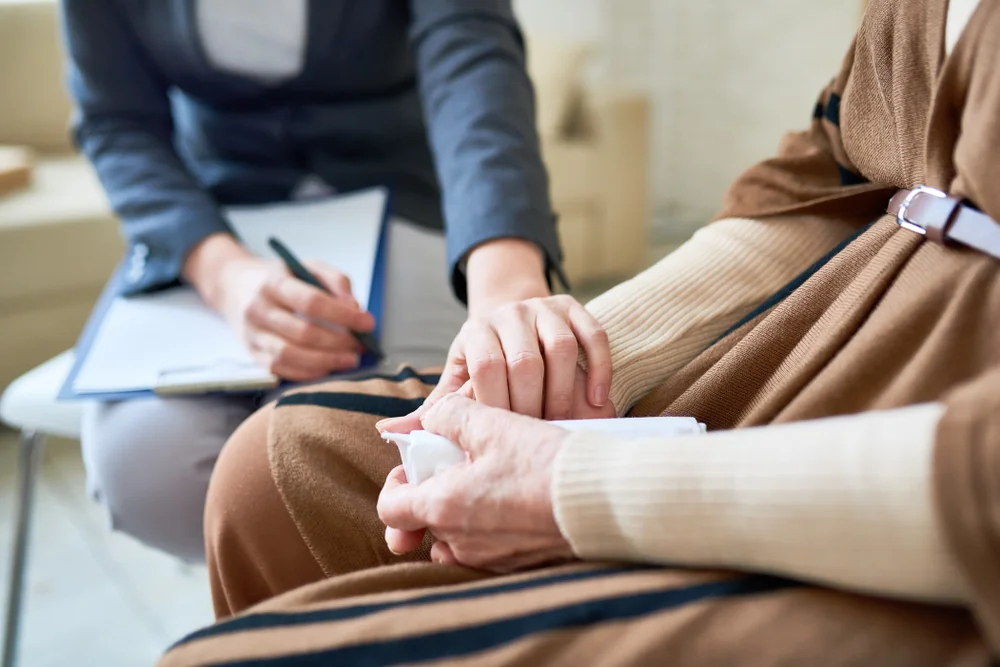The Supreme Court has made a ruling making it very difficult for people to recover compensation if they witness their loved ones dying or being injured as a result of medical negligence.
We know from our clients that medical negligence doesn’t just impact the patient; it can have a significant and devastating effect on their family as well. For instance, if a patient is seriously injured and dies or suffers ongoing disabilities as a result of negligent medical care, their family members may suffer from PTSD, depression or other harm to their mental health.
However, the law usually only lets the patient (the ‘primary victim’) recover compensation, and not their loved ones, even though they have also been affected by the negligence.
There are some narrow exceptions to this rule. One exception is a secondary victim claim, which has been made much narrower in medical negligence cases with today’s judgment.
Secondary victim claims
A lot of the law on secondary victim claims came out of the Hillsborough disaster. Several family members of people killed in the crush tried to bring claims for injuries to their mental health as a result of seeing their loved ones in the morgue or seeing the crush on television, knowing their loved ones were there. These claims were unsuccessful. The main case, setting out the strict criteria for a secondary victim claim, is known as Alcock -v- Chief Constable of South Yorkshire Police.
Since the Alcock case was decided, there have been many other court cases applying the secondary victim criteria. This area of law has become confusing over the years, with the various different decisions narrowing or widening the criteria of who could succeed in a claim.
judgment in the Supreme Court
Three of these cases were known as Paul, Polmear and Purchase. Very briefly, these cases involved relatives of people who had illnesses that were negligently missed by their treating doctors, which caused their deaths. In Paul, two young daughters saw their father die of a heart attack in the street. In Polmear, the parents of a little girl witnessed her collapse and unsuccessful attempts to resuscitate her. In Purchase, the mother of a young woman found her daughter lying on her bed, still warm but not breathing and staring at the ceiling. She tried to resuscitate her, but this wasn’t successful. She found a voicemail of her daughter’s dying breaths on her phone, made 5 minutes earlier.
All three cases were appealed to the Supreme Court, because it was recognised that this area of law needed to be made clearer. Because their cases all involved similar arguments around secondary victim law, they were all heard together. The Court’s judgment was given on Thursday.
All three families lost their cases. The court decided that secondary victims can’t succeed in cases where a loved one has died or been injured because of a pre-existing injury or disease – even if the injury or disease was negligently missed or negligently treated, and the negligence caused the death or injury.
Instead, for secondary victim cases to succeed, there has to be an external, traumatic event, which immediately causes injury or death to the primary victim (an ‘accident’, similar to a car crash). The secondary victim has to directly witness the ‘accident’, or its immediate aftermath, and this has to cause them harm to their mental health.
In cases involving medical care, there will be very few occasions where these tests are met. One potential example given was of a doctor injecting a patient with the wrong drug, which causes a severe reaction witnessed by the secondary victim. However, the court chose not to confirm that such a case would succeed, just that they weren’t ruling it out.
The Supreme Court’s decision is binding on all other courts, and it reverses a lot of previous decisions that were more helpful to claimants. Their decision means that there is now only an extremely narrow definition of who can bring a secondary victim claim in a case involving medical negligence. We understand this decision will undoubtedly upset many families and can feel very unfair.
If you would like to speak to somebody about a possible medical negligence claim, please contact our specialist team for advice.


















